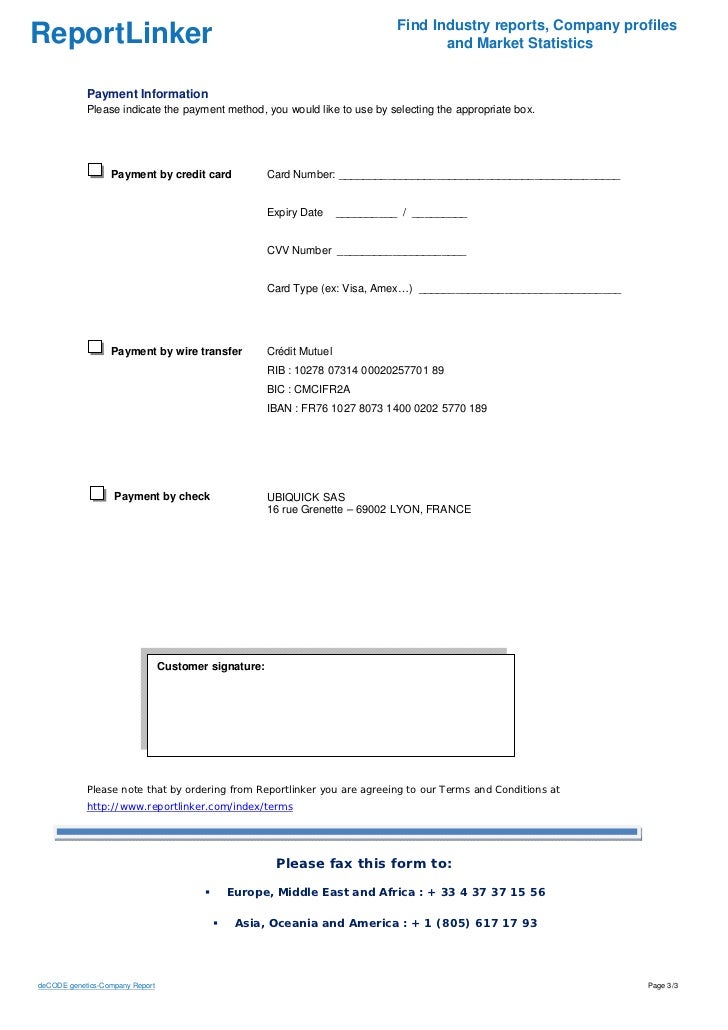

As luck would have it, they kept extensive genealogical records, and their medical system eventually became extremely advanced. The country was settled in the ninth century by a small group of Vikings from present-day Sweden, whose descendants remained almost completely isolated from outsiders until World War II. One exception, according to DeCode, is Iceland. Relatively homogeneous populations can streamline this process, but finding large, isolated groups of people to study has been difficult. But because everyone's genetic makeup is different, it takes a lot of time and money to distinguish harmless genetic variations from detrimental mutations. To understand why genes mutate, geneticists need to compare the genes of healthy and diseased people. He argues that these companies lack access to one essential resource-a homogeneous population. But Stefansson, DeCode's CEO, says that Millennium and HGS are trying to reposition themselves as pharmaceutical companies to differentiate themselves from their competitors. A high-profile company like Affymetrix, which makes chips and hardware for genetic analysis, would almost certainly reject this. The Human Genome Project is scheduled to be completed in 2005, and DeCode claims that the technology behind positional cloning and sequencing tools has become a commodity. These tools have been snapped up by large pharmaceutical companies for use in the design of new drugs.īut DeCode maintains that the commercial value of these tools is wearing thin. (For more on the genome project, see our interview with one of its directors.) According to Jean-François Formela of Atlas Venture, an investor in DeCode, genomics is more important than the Internet.īuilding on genetic techniques like positional cloning and sequencing, companies like Millennium Pharmaceuticals and Human Genome Sciences (HGS) have developed tools to identify disease-prone genes and to sequence their nucleotides and proteins. Researchers have identified single genes associated with diseases like cystic fibrosis, Duchenne muscular dystrophy, myotonic dystrophy, neurofibromatosis, and retinoblastoma. Stefansson returned to Iceland to found DeCode Genetics, a genomics startup.įor the past eight years, the Human Genome Project, an international effort to map roughly 100,000 pairs of human genes, has made remarkable progress. But after graduating from the University of Iceland, he left the country and became a professor of neurology and neurosciences at Harvard Medical School and the University of Chicago. In an earlier era, the stern, 6-foot-5-inch Viking might have splattered brains instead of studying them. SAN FRANCISCO ( The Red Herring) - Kari Stefansson cuts an imposing figure. Icelandic startup DeCode takes a homegrown approach to genomics DeCode takes a homegrown approach to genomics - May 11, 1998


 0 kommentar(er)
0 kommentar(er)
